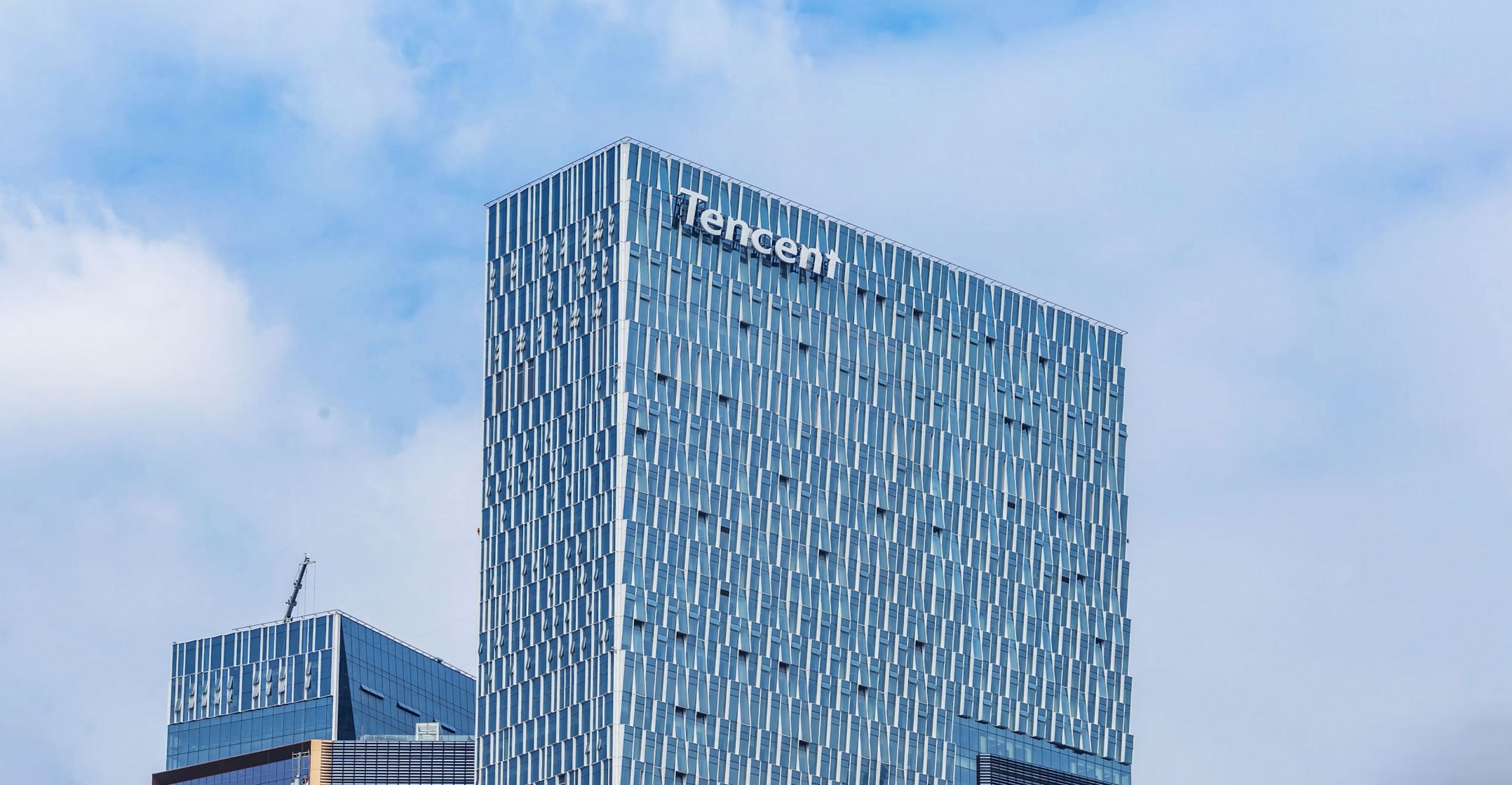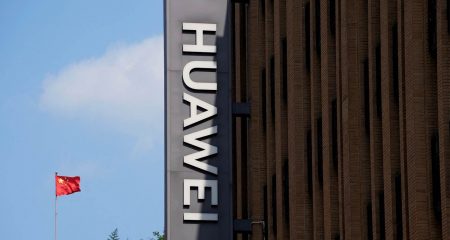
It turns out even the most compliant Chinese billionaires aren’t immune to the regulatory onslaught sweeping the world’s second largest economy.
In a twist that has upended conventional wisdom on the political pecking order of China’s business elite, Tencent Holdings’ mild-mannered boss, Pony Ma, has lost more paper wealth over the past nine months than Jack Ma, the combative co-founder of Alibaba Group and Ant Group.
The reversal underscores how rapidly Beijing’s crackdown has expanded since authorities scuttled Ant’s initial public offering on 3 November. What initially looked like a targeted campaign against China’s most outspoken tech tycoon has since spread to nearly every corner of the industry and beyond as regulators de-emphasise unfettered growth in favour of other priorities such as data security, financial stability and reduced inequality.
While Pony has long had a reputation for staying out of the limelight, that hasn’t shielded his company from penalties including antitrust fines and the loss of exclusive music streaming rights. Tencent shares posted their biggest intraday decline in a decade on Tuesday after a state-owned newspaper took aim at the company’s key gaming business, fuelling speculation it could become the next target of Beijing’s crackdown.
Pony’s fortune has dropped by almost US$14-billion (R200-billion) since the Ant IPO was suspended in November, falling to $45.8-billion on Tuesday, according to the Bloomberg Billionaires Index. He now ranks third on the China rich list behind Jack, who has a net worth of $47.8-billion.
Toned down
While state media toned down their language on gaming Wednesday, helping fuel a more than 5% rebound in Tencent, the stock is still 17% lower for the year. The outlook will depend in large part on what comes next from regulators, who shocked investors late last month with a clampdown on tutoring companies that will force many of them to become non-profits.
Tencent is already moving to assuage Beijing, pledging to further limit playtime for minors and forbid in-game purchases for the youngest players. The company also broached the possibility of the industry banning games altogether for those under the age of 12. — Reported by Venus Feng, (c) 2021 Bloomberg LP




